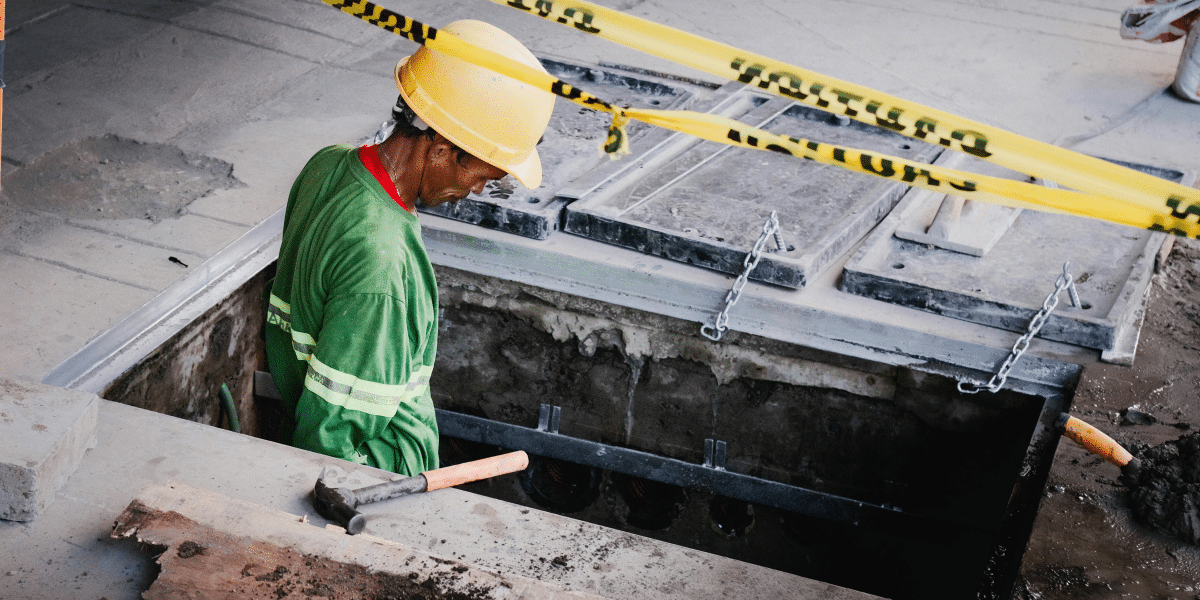Whether you’re a new homeowner or have lived in your house for years, understanding and implementing safety precautions is vital to maintaining a secure and comfortable living space. Home safety can prevent accidents, save money on repairs, and create a peaceful environment. For example, knowing what to do if shut-off valve breaks can help you avoid significant water damage and costly repairs. From regular maintenance checks to ensuring the safe storage of hazardous materials, these steps can help keep your home safe and secure.
Regular Maintenance of Plumbing Systems
One of the most crucial components of home safety is ensuring your plumbing systems are functioning correctly. Regular inspections can reveal potential issues before they turn into expensive repairs or dangerous situations. Homeowners should regularly check for leaky pipes and joints and be aware of the condition of their shut-off valves to avoid sudden water damage.
Minor fixes and preventive measures can help you avoid significant plumbing emergencies.
Additionally, understanding your home’s plumbing layout can help you quickly address issues as they arise. Learn where the shut-off valves, water mains, and other important parts of your plumbing system are located. Arm yourself with essential tools and knowledge to address small plumbing issues and avoid them turning into significant problems.
Fire Safety Measures
Fire safety is one of the most crucial areas homeowners must prioritize. Placing smoke alarms in every room and checking them regularly is critical to detecting fires early. It is equally important to have fire extinguishers readily accessible in different parts of the house, particularly in high-risk areas such as the kitchen and garage.
Smoke Detector Installation and Maintenance: Make sure smoke detectors are in every bedroom, hallway, and near the kitchen. Replace the batteries regularly and test each unit monthly. These devices are your first defense in alerting you to potential fires, giving you and your family precious time to escape. Smoke detectors are relatively inexpensive but can be lifesaving in a fire. In addition to smoke detectors, consider installing carbon monoxide detectors, mainly if your home uses gas appliances.
Fire Extinguishers and Escape Plans: Place fire extinguishers in high-risk areas such as the kitchen and garage. Regularly check that they are in working condition. Additionally, a family escape plan should be established and practiced so everyone knows how to exit the house quickly and safely in case of a fire. Having a designated meeting spot outside the home is also helpful to ensure everyone has evacuated safely.
Teach all family members, including children, how to use a fire extinguisher. Remember the acronym PASS: Pull the pin, Aim low, Squeeze the lever, and Sweep the nozzle from side to side. Properly operating a fire extinguisher can have a big impact during a fire’s initial moments.
Electrical Safety Inspections
Failure to properly maintain electrical systems can present a notable hazard. Consider having a licensed electrician perform an annual inspection to check for faulty wiring or other issues. Also, educate your family about the importance of not overloading power outlets and the dangers of using damaged cords. Following these steps can prevent electrical fires and ensure the safe use of household appliances.
Proper Use of Power Outlets: Overloading power outlets must be avoided to prevent overheating and potential fires. Make sure to utilize power strips with surge protection and refrain from overloading outlets with multiple high-wattage devices. These simple precautions can prevent electrical overload and reduce the risk of fire. Consider using smart plugs and outlets that allow you to monitor and control the power usage of your appliances remotely.
These devices can help identify appliances that consume excessive power and pose a risk.
Checking and Replacing Damaged Cords: Regularly inspect all electrical cords for signs of damage. Immediately replace frayed or damaged cords to avoid potential electric shock or fire dangers. Furthermore, do not place cords under rugs or furniture, as this can lead to damage over time. Make sure to use extension cords that are suitable for the task and do not exceed the specified limit. Using too many things plugged into extension cords can cause them to get too hot and possibly start fires.
Security Systems and Measures: A robust security system can protect your home from unwanted intruders. Modern systems offer features like motion sensors, cameras, and smart locks, which can all be monitored via your smartphone. Ensuring all entry points are secure is another straightforward but essential step in maintaining home security.
Published By: Aize Perez



















